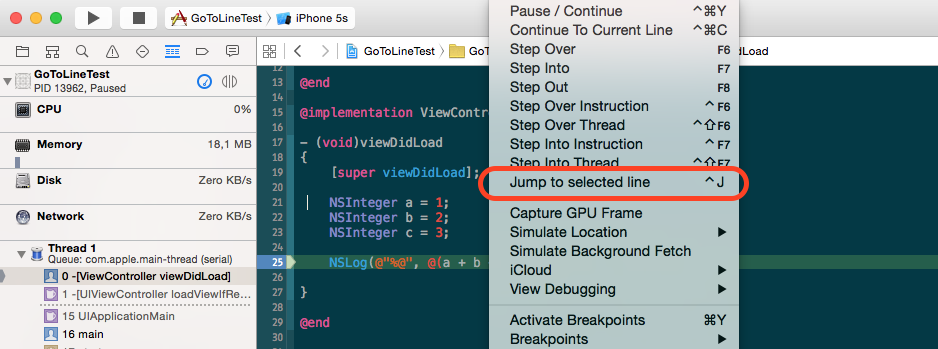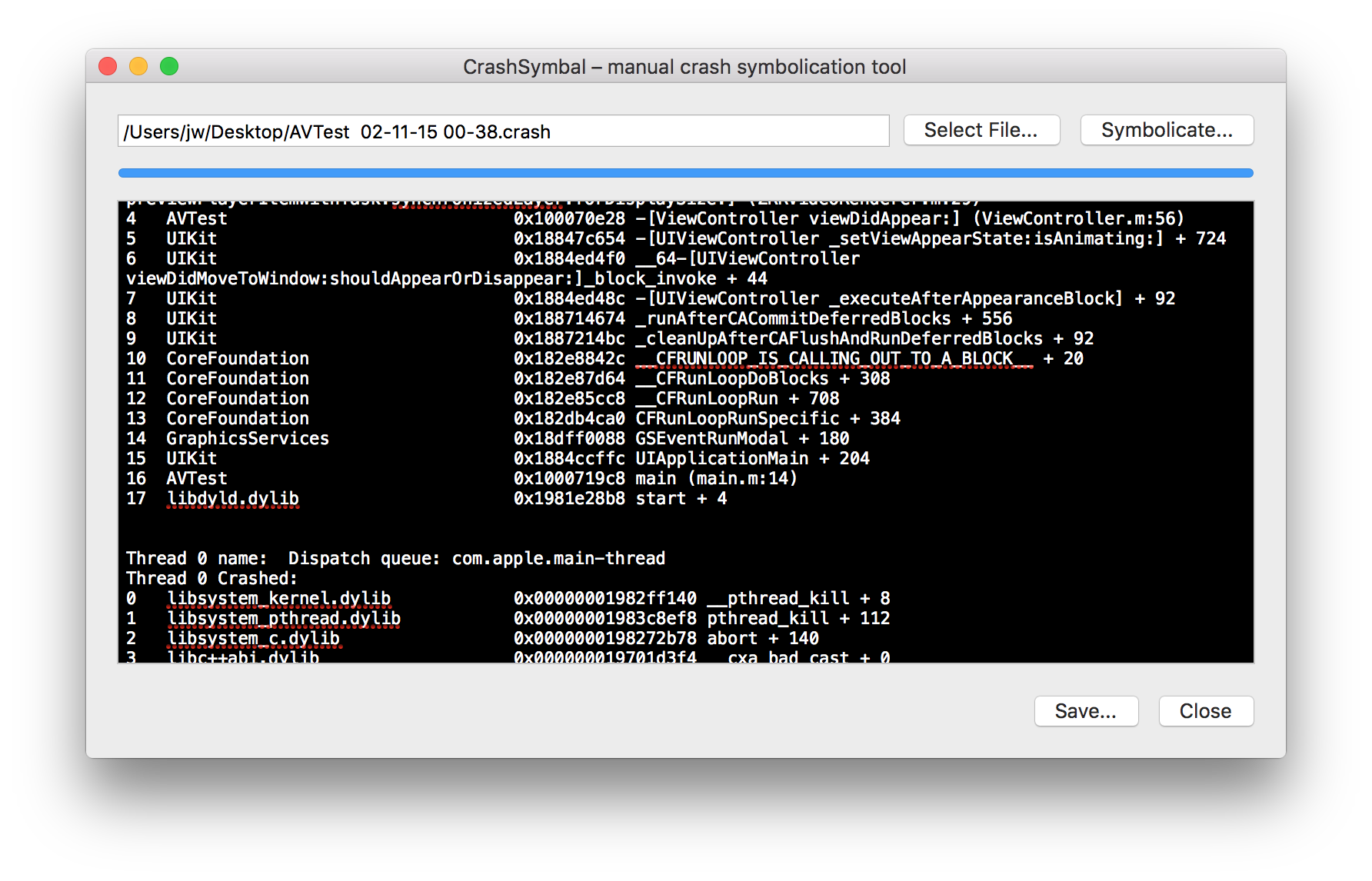SwiftPlugin
The minimal API surface required for the Swift Plugin Manager to create instances from a loaded plugin.
Additional documentation and references to sample implementations can be found at the Plugin Manger GitHub page.
Getting started
Each plug-in type should implement a plugin factory class used for plugin creation in its plugin-api, thus:
import Plugin
public final class PluginExampleAPIFactory : PluginFactory { // rename the class after the API
public typealias FactoryType = PluginExampleAPI // update this to the specific API implemented
fileprivate let _pluginType: FactoryType.Type
public init(_ pluginType: FactoryType.Type) {
self._pluginType = pluginType
}
public func create() -> FactoryType {
return _pluginType.init()
}
}
additionally, the concrete plugin of a given plugin api type should implement a loader with this specific signature that returns an instances of that factory class thus:
import PluginExampleAPI
@_cdecl("_pluginFactory")
public func _pluginFactory() -> UnsafeMutableRawPointer {
return Unmanaged.passRetained(PluginExampleAPIFactory(PluginExample.self)).toOpaque()
}
Adding the dependency
SwiftPlugin is designed for Swift 5.5 and later and works on both macOS 12+ and Linux. To depend on the package to define and implement a plugin API that can be used with the SwiftPluginManager and SwiftPlugin users, you need to declare your dependency in your Package.swift:
.package(url: "https://github.com/hassila/swift-plugin.git", from: "0.0.0"),
and to your library target, add "Plugin" to your dependencies, e.g. like this:
// Target for Swift 5.5
.target(name: "MyPluginInterface", dependencies: [
.product(name: "Plugin", package: "swift-plugin")
],





